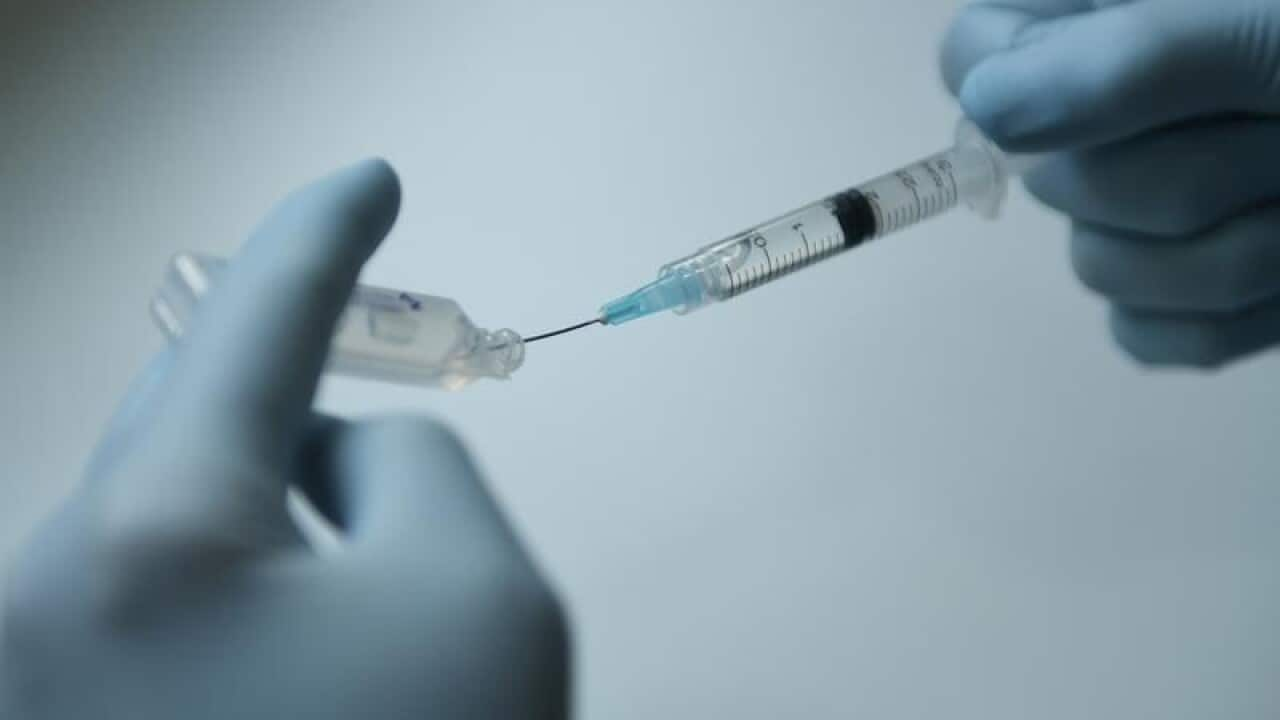Scientists have discovered that a large population of cells, once discarded as the 'bad apples' of the immune system, could actually be the body's secret weapon against diseases like HIV.
For the last three decades health authorities thought that antibodies known as B cells - a type of immune cell - had no purpose and were actually dangerous, causing autoimmune disorders.
Because of this, the "harmful antibodies" appeared to have been silenced.
But it turns out they may not be so useless and detrimental after all, immunologist and molecular geneticist Professor Chris Goodnow says.
In a world first, scientists at Sydney's Garvan Institute of Medical Research have shown in mouse models that B cells can provide crucial protection against invading and harmful microbes produced by viruses.
Professor Goodnow, who co-led the research with Associate Professor Daniel Christ, says the new findings mark a major step in the understanding of how the immune system works to fight disease.
He says it will fundamentally change current thinking about how the immune system provides protection.
"We once thought that harmful antibodies were discarded by the body - like a few bad apples in the barrel - and no one had any idea that you could start with a 'bad' antibody and make it good," Professor Goodnow said.
The study is published in leading journal Science.
Researchers tracked the movement of B cells over time using mice vaccinated with a foreign threat.
Initially, the B cells binded to good 'self' proteins but over time increasingly started binding to the foreign proteins to neutralise them, explained the paper's first author Deborah Burnett.
It's hoped this new understanding could lead to the development of vaccines for HIV and other diseases.
Ms Burnett, a PhD student at the Garvan, says HIV is a very clever virus because it has the ability to go undercover by disguising itself to look like normal body tissue, like a "wolf in sheep's clothing".
However, what the study shows is that the B cells are incredibly clever too, she said.
Ms Burnett says the B cells have the ability to make tiny DNA changes to the genes that encode for antibodies, "turning bad into brilliant".
"They then can produce antibodies that are no longer dangerous but able to neutralise the foreign threat without causing any auto-immunity," she said.
"This is really going to dramatically change the field and how we think about immune responses," Ms Burnett said.

